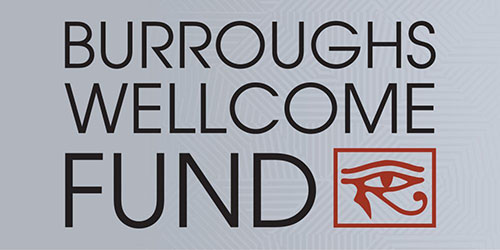SEATTLE – A small, early-phase clinical trial to test the effectiveness of treating patients with advanced melanoma using billions of clones of their own tumor-fighting cells combined with a specific type of chemotherapy has shown that the approach has promise. One patient of the 11 experienced a long-term, complete remission that has lasted more than three years, and in four others with progressive disease, the melanoma temporarily stopped growing. The results of the study are published in the Early Edition of the Proceedings of the National Academy of Sciences for the week of March 5.
The goal of the research, led by Cassian Yee, M.D., a member of the Clinical Research Divison of Fred Hutchinson Cancer Research Center, was to find the optimum cellular environment in which to infuse 15 billion to 20 billion cancer-fighting CD8+ T cells so that they persisted for as long as possible in the body to battle the tumors. The cells, which were extracted from the patients and multiplied in the lab before re-infusion, are a type of white blood cell that attacks a protein associated with the cancer.


Comments are closed.